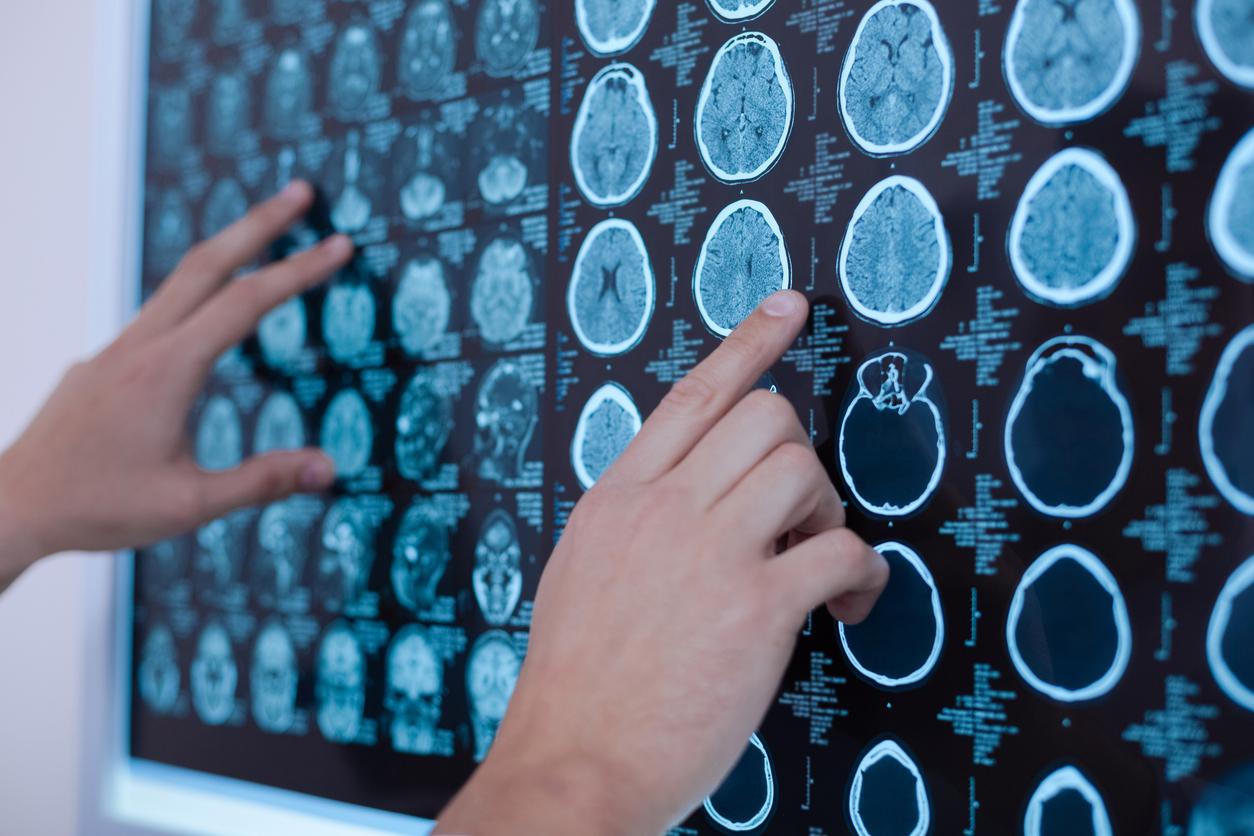What if our brains were programmed to be pessimistic in order to ensure our survival?

Who has never heard a pessimistic killjoy rehash bad news or predict failure? Sometimes we ourselves are invaded by a negativism transforming any event and consolidating us in the idea that it was better before or that it is not worth it.
Our brain is not programmed for happiness
Even if we live in a modern world, the heritage of our distant ancestors is still present in our daily reactions. Especially when it comes to our ability to survive and avoid danger. A pessimistic nature can therefore be useful in spotting warning signs and protecting us from “predators”.
If this alarm system was particularly effective in a hostile nature, it can now be unsuitable and cultivate negativism to the point of being suspicious of everything or adopting avoidance behavior at the slightest perceived risk. By his behavior, the killjoy can thus isolate himself and be rejected by those around him who judge his behavior toxic.
How to find a balance?
Negativism also has its good sides, since it generally allows you to be demanding of yourself and others and often very rigorous in decision-making or work. But before turning into a tyrant, it is also possible to direct your attention to the good sides of life to take advantage of the present moment and relationships with others.
Being pessimistic at times is therefore not completely useless and can help identify potentially dangerous or compromising situations. However, in order not to fall into isolation and possibly depression, cultivating optimism also brings balance and directs towards sufficiently calculated and measured decision-making.
Find out more: “Small Pains and Big Pains” by Christophe Andre and Muzo, Le Seuil editions.
.

















